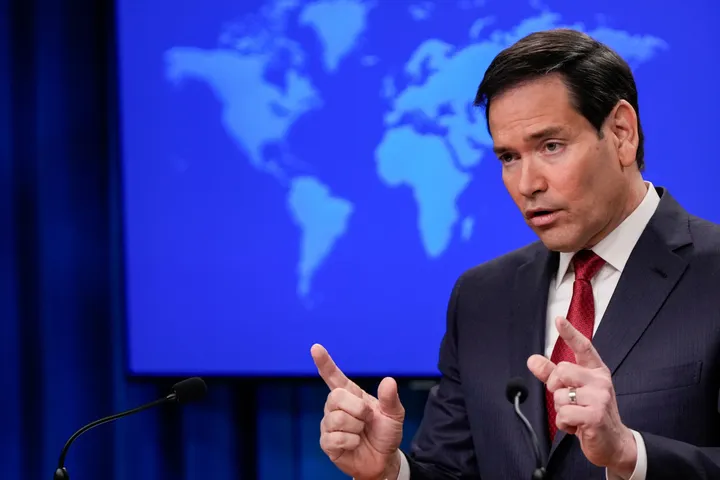April 6, 2019
Suicide is one of the leading causes of death among white males in the United States.
The National Institute of Health estimates that suicides are responsible for twice as many deaths as homicides in the country.
Half the people that commit suicide have no known mental health condition because depression often goes undiagnosed, making those most susceptible to suicide not easy to suspect.
RECOMMENDED
TRT World's Sally Ayhan has more from Michigan.
SOURCE:TRTWorld and agencies
























